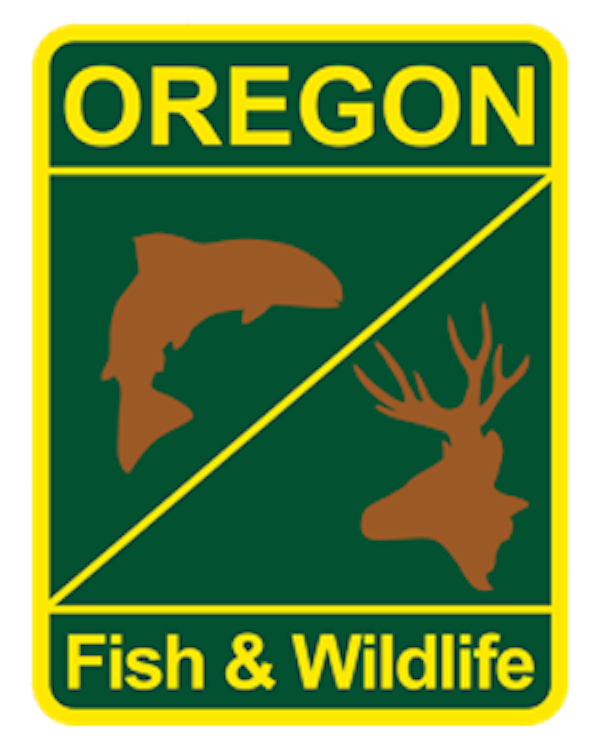Fish Report
Klamath River Fishing Report
by OR Department of Fish & Wildlife Staff
12-1-2021
Website
Keno Dam to J.C Boyle Reservoir
Catch rates were low on opening day (Oct. 1) and effort was very high. Fishing remains slow. Remember bait is not allowed and only one fish over 15 inches can be harvested per day. Also, remember that once you retain your one redband/rainbow trout limit you must stop fishing for redband/rainbow trout.
Flows (698 cfs) looks to be ideal -- for fishing and wading. Water temperature has been declining and is currently around 40 degrees. Large trout in this reach start to feed on the many fat head minnows and chub coming down from above Keno Dam. Few trout over 18 inches are being caught this fall. Flies and lures that mimic these minnows will be successful. Remember the Klamath River eats your fishing gear. Jig style hooks, heavy line and single barbless hooks can reduce the likelihood of losing a lot of gear.
This section of the river is very challenging fishing with white water and treacherous wading. The river is loaded with boulders and drop offs. ODFW recommends a wading staff, wading belt, excellent wading boots with studs, and maybe even a helmet and shin guards!
Public access is difficult, but you can drive a horrendous road to immediately below Keno Dam. All other sites require a significant hike to the river.
J.C. Boyle Dam to J.C Boyle Powerhouse
Open all year. Flows are low and stable. Catch rates should be good for this time of year. Fishing is best below the spring inputs. The springs start to discharge into the river approximately one mile below J.C. Boyle Dam. This section of river requires a hike down steep grade to the river except for the area just above the powerhouse.
Use small flies or lures as redband trout are small in this section.
There is good access at the powerhouse. Park and walk upstream. This area is fished hard but you can hike to get away from the pressure. Hiking or wading upstream is difficult. Small nymphs such as pheasant tails and prince nymphs work well in this section. Small black Panther Martins or Rooster Tails work well cast upstream into the deeper pools.
There is good access at the powerhouse. Park and walk upstream. This area is fished hard but you can hike to get away from the pressure. Hiking or wading upstream is difficult. Small nymphs such as pheasant tails and prince nymphs work well in this section. Small black Panther Martins or Rooster Tails work well cast upstream into the deeper pools.
J.C. Boyle Powerhouse to State Line with California
Best fishing is when flows are less than 900 cfs. You can check flow estimates at PacifiCorp Weekly Flow Estimates. You can also call the flow line at 1-800-547-1501. Flows look fishable until around 1 p.m. this week. Fishing can be excellent this time of year if flows are fishable.
Large attractor flies such and wooly buggers, bead head prince, stimulators, and rubber leg stoneflies under a strike indicator work best this time of year. Olive and black wooly buggers almost always work well. Black spinners and Panther Martins can also work. October caddis style fly patterns can work well this time of year.
Below the JC Boyle Powerhouse the redband/rainbow trout get slightly larger than the aforementioned reach and average 12 inches but rarely exceed 16 inches. Currently, most redband caught are in the 10- to 14-inch range.


